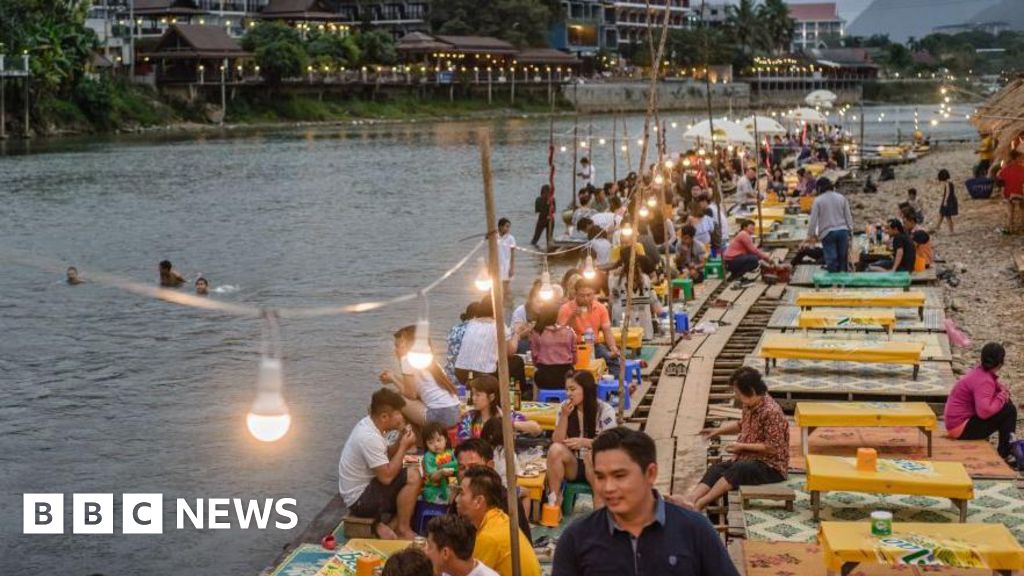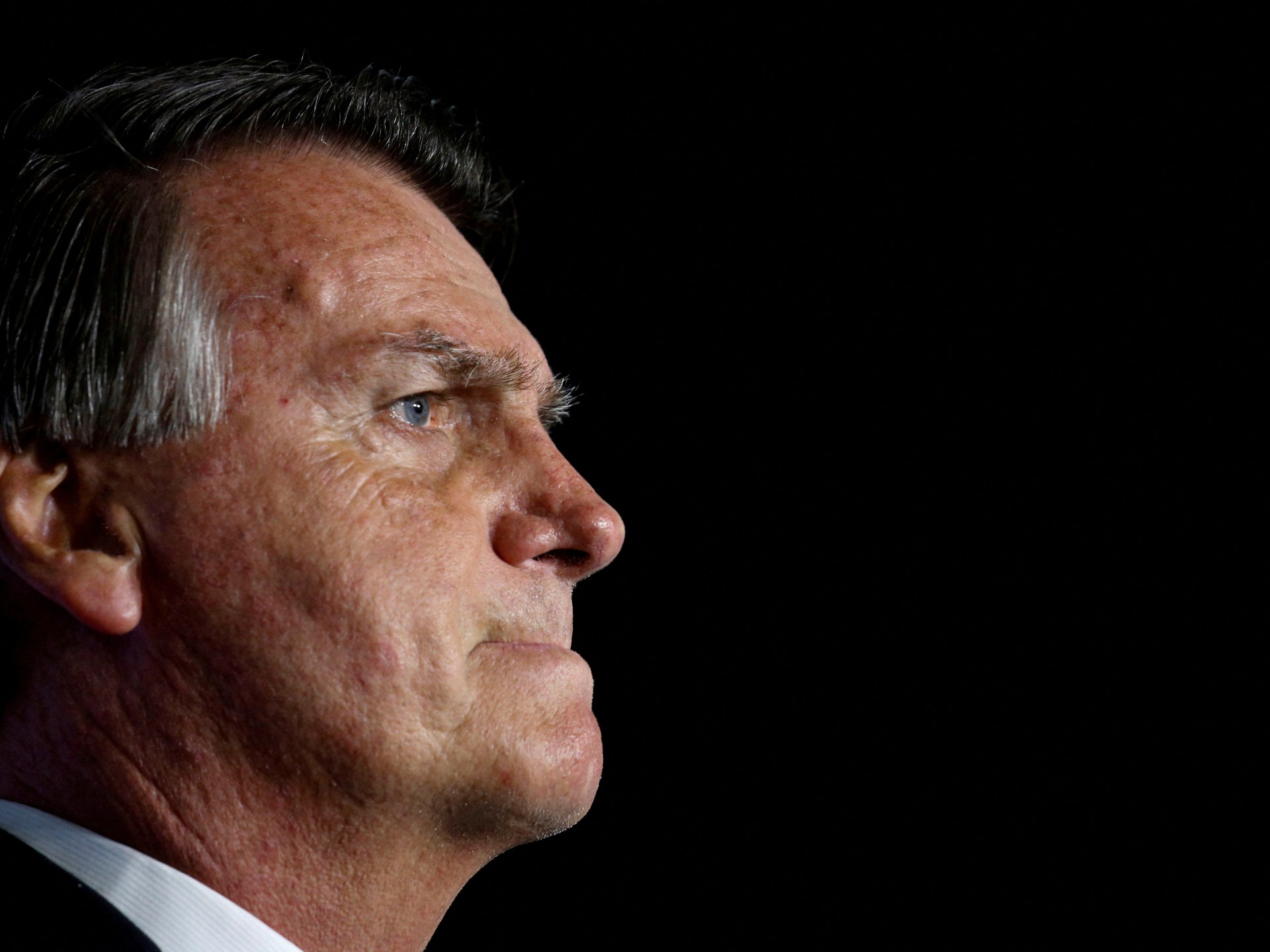JOHANNESBURG -- South Africa was heading closer to the reality of a national coalition government for the first time Friday as partial election results put the ruling African Nation Congress well short of a majority.
With more than half of votes counted across the country's nine provinces, the ANC had received just under 42% of the national vote, according to the early results as counting continued. That represented a huge drop from the 57.5% it received in the last national election in 2019, although the final results from Wednesday's election have not yet been declared.
The commission that runs the election said those would be announced by Sunday, although they could come sooner.
The count from more than 12,000 of the 23,000 polling stations raised the strong possibility that the ANC would need a coalition partner to form a government and reelect President Cyril Ramaphosa for a second and final term. The frenzied negotiations were likely set to start behind closed doors.
The ANC was still leading the count and had the most votes by some way, as expected, with the main opposition Democratic Alliance on around 24%. The ANC is widely expected to still be the biggest party and to have the most seats in Parliament.
The ANC has had a clear majority for all 30 years of South Africa's democracy since the party swept to power in a 1994 election which officially ended the apartheid system of white minority rule, leading Nelson Mandela to become the country's first Black president. It has been the dominant political force and its slipping below 50% would be a momentous change for Africa's most advanced economy.
The ANC's support has steadily declined from a high of nearly 70% of the vote 20 years ago as South Africa grapples with deep socioeconomic problems, including widespread poverty and now one of the worst unemployment rates in the world at 32%. Poverty and unemployment disproportionately affect South Africa's Black majority that make up 80% of the population and were the core of the ANC's support over the years.
While the inequalities of apartheid were always going to be hard to solve, the ANC has also been blamed by many for failures in basic government services, numerous government corruption scandals and most recently an electricity crisis that led to rolling blackouts across the country of 62 million.
This election is shaping up to be the tipping point when more South Africans choose another party.
A projection from a government agency and SABC, based on vote returns, was estimating on Friday that the ANC would end up with just over 40%, a drop of around 17% percentage points, which would be a stunning result in the context of South Africa.
The ANC has said little on its possible coalition partners despite the issue dominating South Africa's political analysis for months ahead of the election.
The various parties — South Africa has at least four that could be considered major parties — may now “be faced with a reality that they have to work together” to deal with the country's major challenges, said Joleen Steyn-Kotze, a senior research specialist on democracy at South Africa's Human Sciences Research Council.
Analysts say the coalition negotiations will depend on how far the ANC falls short of a majority in the final results, if indeed it remains under 50%. If it's just short of a majority, it could approach several smaller parties to get past 50%. If it is some way off — as it was in the latest results — it might have to work with one of the two main opposition parties, the centrist Democratic Alliance and the far-left Economic Freedom Fighters. They have very different ideologies.
The Democratic Alliance already has a preelection agreement with several other opposition parties excluding the EFF, with a mission to remove the ANC completely from government. But that group of parties would have to increase their share of the vote significantly to be in a position to do that.
Democratic leader John Steenhuisen said on election day: “All bets are off in this election. We’re heading into coalition country.”
___
AP Africa news: https://apnews.com/hub/africa

 5 months ago
33
5 months ago
33









